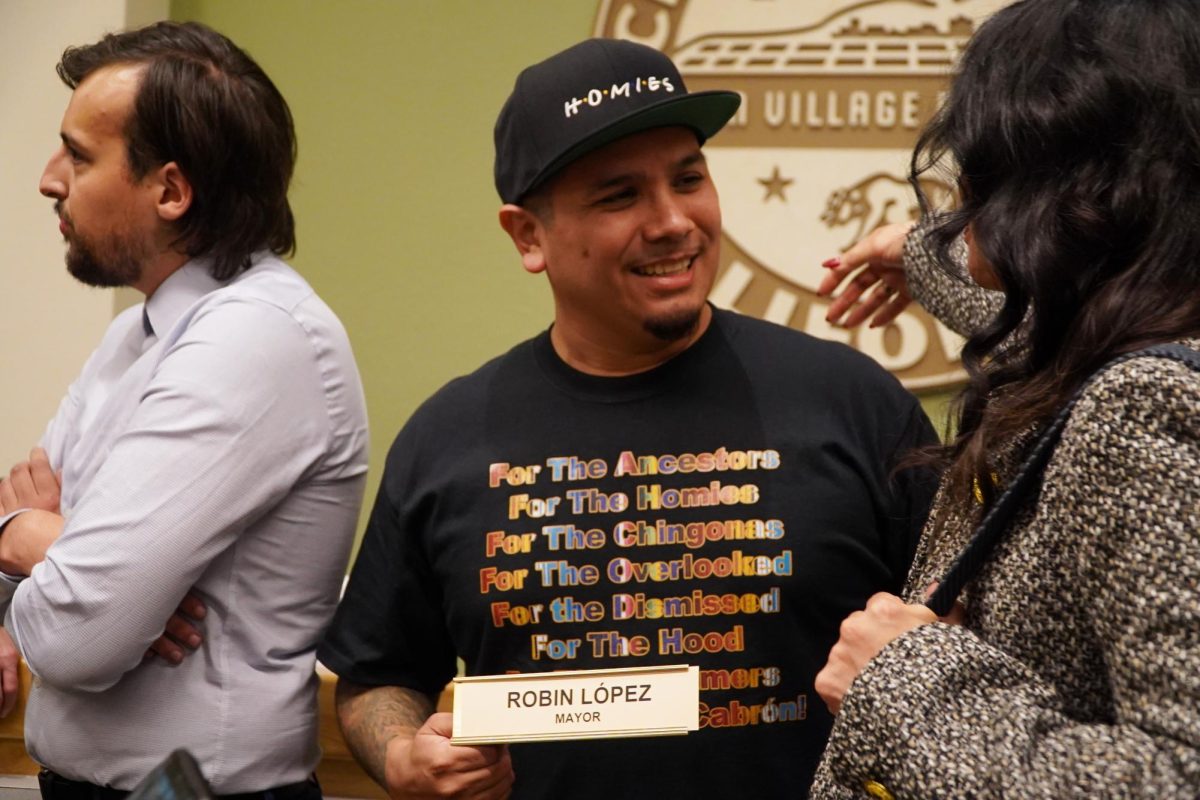California officials are taking a host of measures to mitigate the increasing risk of critical care professionals becoming overwhelmed by the ongoing surge in cases of the novel coronavirus.
While California’s hospitals now have enough beds to absorb the surge in hospitalizations, their dwindling ICU capacities have become the state’s top medical priority, Gov. Gavin Newsom said at a Monday press conference.
“Our focus on that ICU capacity is one that we’re newly focused on,” Dr. Mark Ghaly, secretary of California Health and Human Services, said at a Tuesday press conference.
Filled to more than two-thirds capacity from admissions unrelated to COVID-19 as of Monday, ICUs statewide were experiencing a 69% increase in COVID-19 admissions — for 2,360 ICU admissions in total— over the previous 14 days. As a result, just 14.2% of ICUs — 1,714 units — remained available.
Meanwhile, California’s average testing positivity rate over 30 days has more than doubled from 3.4% on Nov. 7 to 8.4% on Dec. 6, Newsom said. A 5% positivity rate is considered the global standard to expect some sense of stability, Ghaly said.
California officials have requested from the federal government 160 staff to support its ICUs and 80 EMS providers to assist with healthcare at other sites, Newsom said.
The state is also providing two-day ICU care training to registered nurses while continuing to hire medical professionals who may have retired or have an expired license. Health officials are also rolling out the Home 02 Program, which sends COVID-19 patients home with oxygen and paramedic support.
Meanwhile, 100 limited term staff are on standby, ready to be deployed for clinical care, infection control or vaccine administration. And, on Monday, physicians trained to care for critically ill patients, formal tele-ICU consults and on-the-ground physical teams began offering telehealth support options.
“Again, it’s about ICUs,” Newsom said. “All part of the parcel of our strategy of preparedness to work our way through this winter, to work our way through what looks like a tough and challenging January, into February, as we build that bridge to a vaccination.”
California officials are expecting about 327,000 doses of the Pfizer vaccination reserved for healthcare workers and long-term care residents as early as Dec. 15, Newsom said. The state also expects approximately 672,000 doses of the Moderna vaccine to arrive in the next few weeks, according to a Wednesday statement by the governor.
Until the vaccines arrive, staffing ICUs with specialized healthcare workers is health officials’ top priority.
Delivering critical care to patients, ICU staff are specially trained to keep a real-time pulse on patients in critical conditions due to crises such as heart attacks and strokes. It requires strict attention to detail that not just anyone can pull off, Ghaly said.
“We’ve always been attentive to that, but the critical focus on that now is because we are certainly worried that with so many patients with COVID-19 being admitted, a predictable number needing ICU level care, that that system — that fragile but important system — may be overwhelmed,” Ghaly said.






